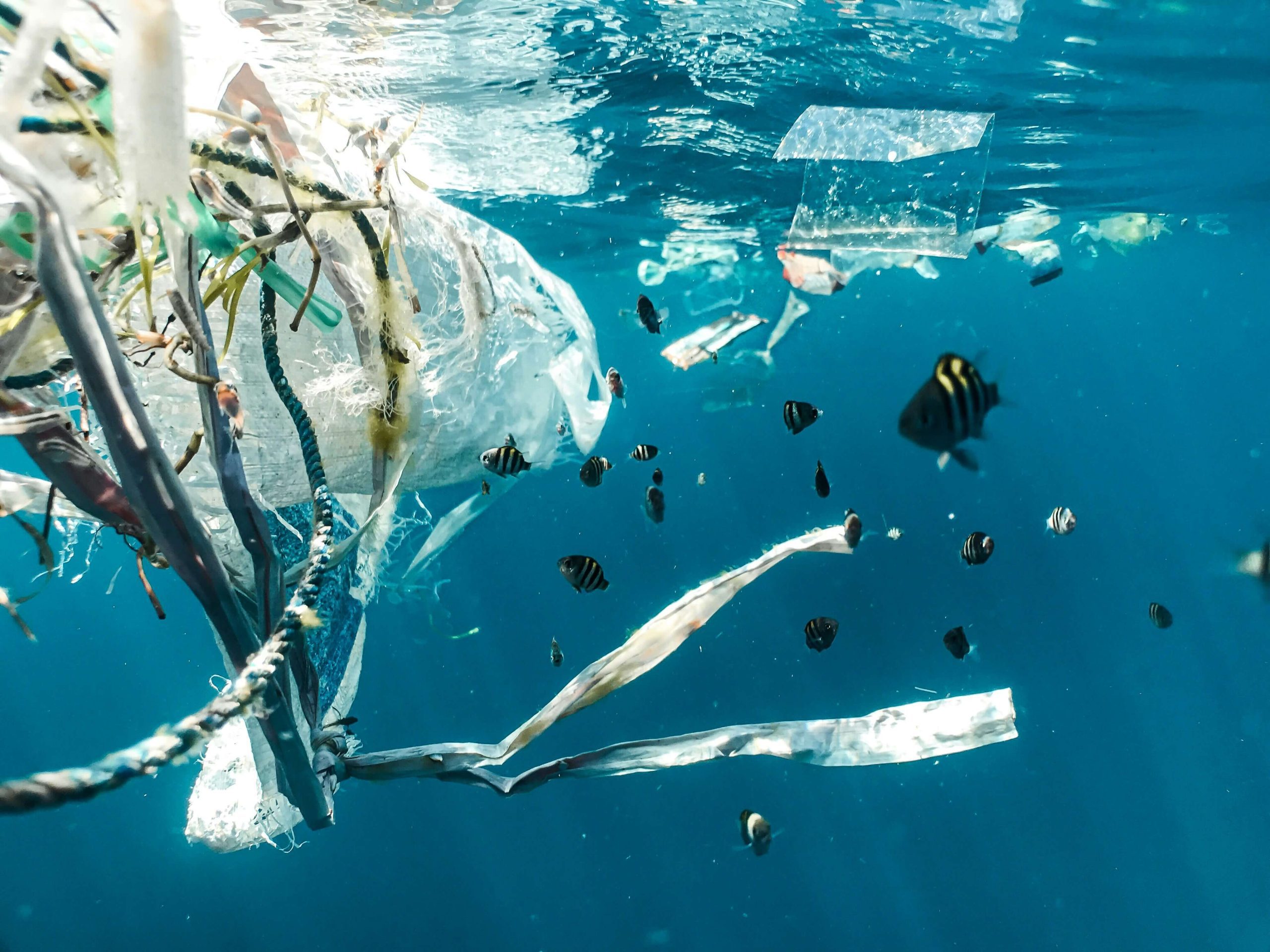Home >What does Non-Phthalate mean? >What does Non-Phthalate mean?
What does Non-Phthalate mean?
In the world of plastics, PVC (Polyvinyl chloride) stands as one of the most widely used materials around the world. Its flexibility and versatility have made it a staple in various industries, from construction to healthcare. However, the manufacturing process of PVC traditionally involved the use of phthalates, a group of chemicals known for their plasticizing properties. Phthalates, which are great for adding strength and longevity to plastic, can be dangerous to human health.
What are Phthalates?
Phthalates are a group of chemicals commonly utilized as plasticizers in the production of PVC. These chemicals serve to soften and strengthen PVC, making it flexible, malleable, and durable for various applications. You can find phthalates in a myriad of everyday items, ranging from plastic bottles, flooring, personal-care products, etc. Despite their widespread use, concerns have arisen regarding their potential health and environmental risks.
Why the Shift to Non-Phthalates?
While exposure to phthalates in small amounts may not pose immediate health risks, studies have shown that certain phthalates can be harmful to human health, particularly in long-term exposure. As awareness of these risks grows, consumers are seeking out safer alternatives. This shift has prompted many companies, including Clearway, to embrace non-phthalate solutions in their PVC products.
Health Risks Associated with Phthalates
The side-effects and health concerns phthalates is still an ongoing issue and are still being researched today. The possible health effects that have been uncover that are caused by these dangerous chemicals include:
- Endocrine Disruption:
One of the primary concerns surrounding phthalates is their potential to disrupt the endocrine system. These chemicals have been linked to hormone imbalances, reproductive issues, and developmental abnormalities, particularly in infants and children. - Respiratory Problems:
Phthalates present in indoor air and dust particles can contribute to respiratory problems such as asthma and allergic reactions. Prolonged exposure to phthalates may exacerbate respiratory conditions, especially in vulnerable populations. - Cancer Risk:
Some phthalates have been classified as possible carcinogens by regulatory agencies. Long-term exposure to certain phthalates may increase the risk of developing cancer, particularly liver and breast cancer. - Reproductive Toxicity:
Phthalates have been shown to interfere with reproductive function in both males and females. Studies suggest that these chemicals may impair sperm quality, reduce fertility, and disrupt normal reproductive development.

Environmental Impact
In addition to their adverse effects on human health, phthalates also pose significant risks to the environment. These chemicals can leach into soil, waterways, and aquatic ecosystems, where they accumulate and persist for long periods. Phthalates have been detected in marine organisms, posing threats to aquatic life and ecosystem health. Furthermore, the production and disposal of phthalate-containing plastics contribute to pollution and environmental degradation.
Taking Action Against Phthalates
Given the potential risks associated with phthalates, it’s crucial to take proactive steps to reduce exposure and mitigate their impact. Here are some actions individuals can take:
- Choose Phthalate-Free Products:
Look for products labelled as “phthalate-free” or opt for alternatives made from safer materials. - Read Labels:
Familiarize yourself with common phthalates and check product labels for their presence. Avoid products containing phthalates whenever possible. - Support Regulation:
Advocate for stricter regulations on phthalates and other harmful chemicals in consumer products. Support policies that promote safer alternatives and transparency in labelling. - Educate Others:
Spread awareness about the risks of phthalates and empower others to make informed choices about the products they use.

Clearway and Non-Phthalate Products
Clearway, a leading producer of PVC, has taken a proactive stance in prioritizing consumer safety. We understand the importance of providing PVC products free from harmful chemicals. That’s why we are proud to introduce our non-phthalate promise logo, which guarantees that all our PVC products are free from phthalates. This makes our PVC safer for both people’s health and the environment. It also ensures that our PVC is 100% recyclable and safe to reuse. With Clearway, you can trust that you’re getting high-quality PVC without compromising on safety.
Conclusion
Phthalates may be pervasive in our daily lives, but their potential health and environmental impacts cannot be ignored. By understanding the risks associated with these chemicals and taking proactive measures to minimize exposure, we can protect ourselves, our families, and our planet. Together, let’s work towards a future where harmful chemicals like phthalates are no longer a threat to our well-being. By opting for PVC products free from phthalates, we not only protect ourselves from potential health risks but also contribute to a healthier environment. With companies like Clearway leading the charge, the future of PVC production looks brighter and safer than ever before.
Build your own PVC Strip Curtain and recieve an instant quote!
Save yourself time and create your own bespoke curtain from our strip curtain calculator. This will give you the opportunity to create a complete custom curtain which will be made to your measurements and shipped to you within a few days.